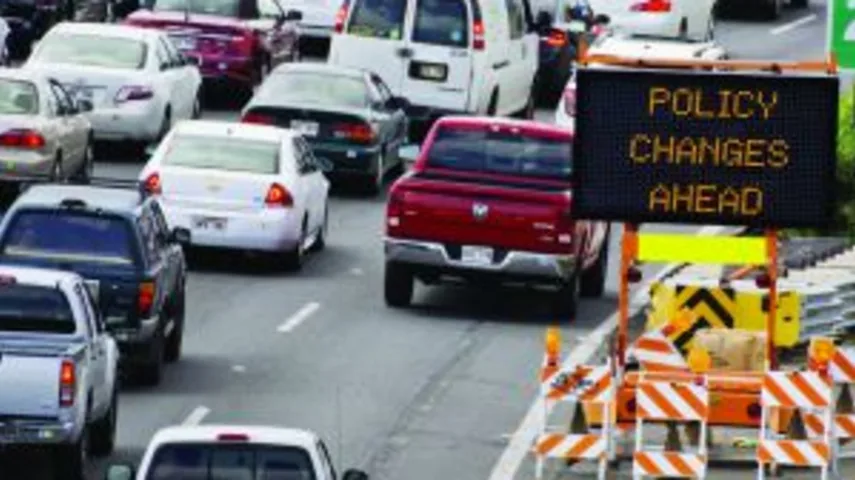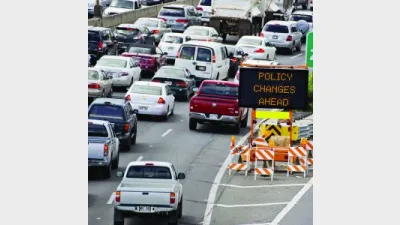ALP hits trouble on super tax policy



The Australian Labor Party (ALP) may not have significantly altered its superannuation policy since the last Federal Election but it has found itself battling to defend Government claims that a Shorten-led Labor government would increase superannuation taxes.
The Government successfully managed to reference the ALP’s policy from the last federal election which would see those with incomes over $200,000 a year paying higher superannuation taxes together with the impact of Labor’s removal of refundable franking credits.
The Government also drew attention to Labor’s intention to reduce the non-concessional contribution cap from $100,000 to $75,000 and its intention to reverse Government policy on so-called catch-up contributions.
The Opposition leader, Bill Shorten yesterday denied his party would be increasing super taxes if it came to Government, but this prompted immediate media reports that he was not taking account of stricter caps on contributions and the higher rates applying to high income earners.
“We have no plans to increase taxes on superannuation,” he said.
Further debate around Labor’s superannuation policy approach was expected to occur later today when the Treasury and Finance departments release the Pre-Election Fiscal Outlook.
Notwithstanding the criticism of the ALP’s superannuation policy approach, a recent Super Review survey of superannuation trustees and executives had them overwhelmingly predicting a Labor victory on 18 May.
Asked which of the major parties they expected would win the election, 80 per cent of respondents nominated the ALP.
Recommended for you
Australia’s largest super funds have deepened private markets exposure, scaled internal investment capability, and balanced liquidity as competition and consolidation intensify.
The ATO has revealed nearly $19 billion in lost and unclaimed super, urging over 7 million Australians to reclaim their savings.
The industry super fund has launched a new digital experience designed to make retirement preparation simpler and more personalised for its members.
A hold in the cash rate during the upcoming November monetary policy meeting appears to now be a certainty off the back of skyrocketing inflation during the September quarter.









